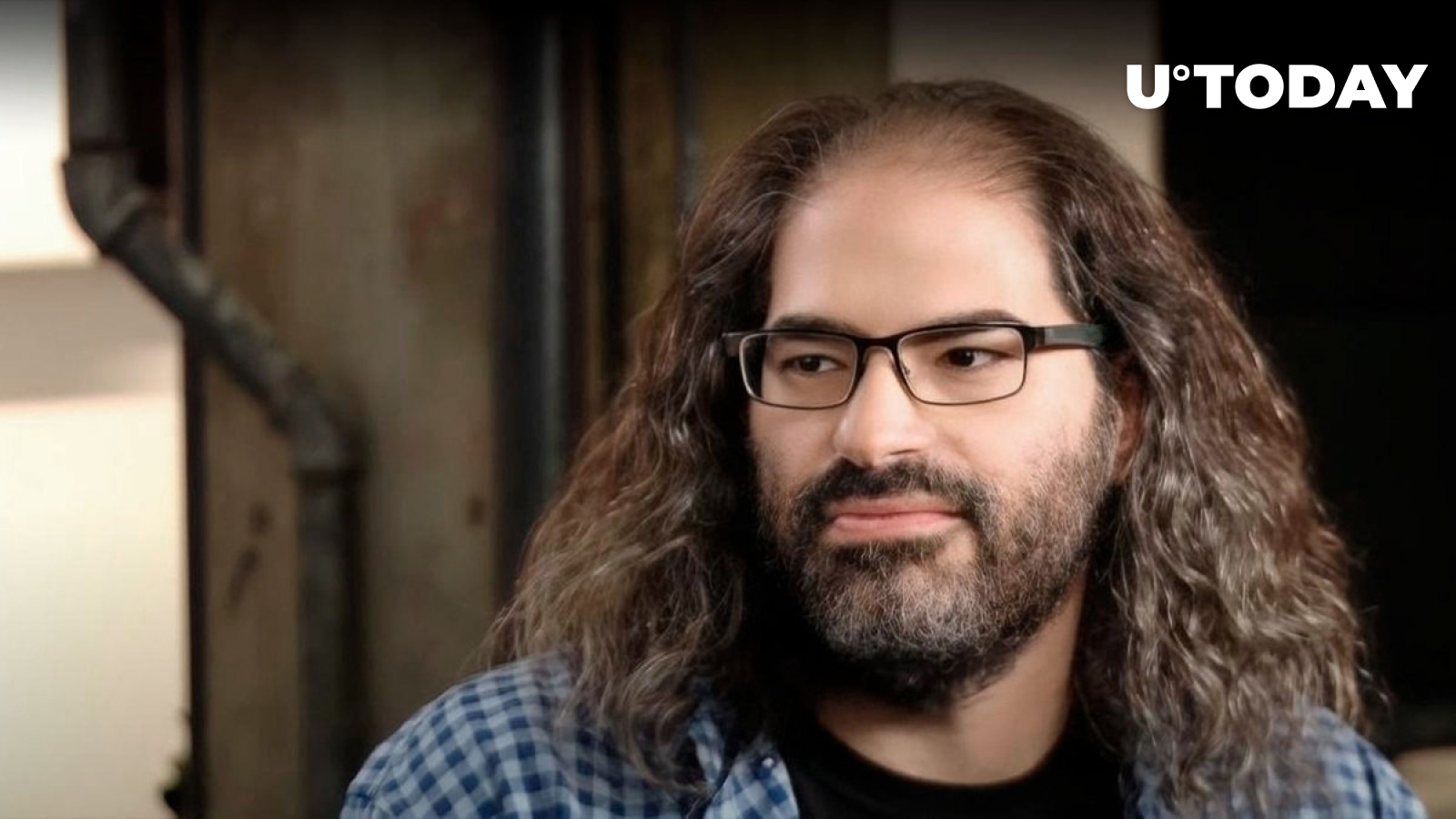Satoshi Mystery: Ripple CTO Makes Unexpected Remark
06/08/2024 19:42
Ripple Chief Technology Officer David Schwartz reacts to latest twist in Satoshi saga

Disclaimer: The opinions expressed by our writers are their own and do not represent the views of U.Today. The financial and market information provided on U.Today is intended for informational purposes only. U.Today is not liable for any financial losses incurred while trading cryptocurrencies. Conduct your own research by contacting financial experts before making any investment decisions. We believe that all content is accurate as of the date of publication, but certain offers mentioned may no longer be available.
In response to an X post, Ripple CTO David Schwartz offers his take on the recent legal developments involving Craig Wright, an Australian Computer Scientist who has claimed to be Satoshi Nakamoto, the pseudonymous creator of Bitcoin.
In the latest twist in the Craig Wright v. COPA case, the Crypto Open Patent Alliance has demanded that Craig Wright pay 85% of its legal costs. COPA took Wright to court in February to determine whether he was Satoshi Nakamoto, the creator of Bitcoin. Judge James Mellor, the case's presiding judge, decided in March that Wright was not Satoshi and did not author the Bitcoin whitepaper.
In response to COPA's request, Wright's defense argued that not specifying the perimeters within which Wright can claim to be Satoshi could infringe on his human rights.
That is fraud. But him claiming to be Satoshi in casual conversations where he's not specifically trying to get something of monetary value is not fraud. An injunction preventing him from using any claim to be Satoshi to obtain something of value would be fine.
— David "JoelKatz" Schwartz (@JoelKatz) June 7, 2024
This argument posed by Wright's defense has sparked a fresh debate in the crypto community, with many labeling it as outright fraud. However, Schwartz presents a nuanced perspective on the matter.
According to Schwartz, the act of Wright claiming to be Satoshi in casual conversations, where there is no direct intention to gain monetarily, might not constitute fraud. This distinction draws a line between personal claims and those made with the intent to deceive for financial gain.
Schwartz suggests that a potential legal remedy could be an injunction that would prevent Wright from leveraging any claim to the Satoshi identity to obtain something of value. Such a measure would aim to protect the community and the market from any misleading assertions that could influence financial decisions.
Judge Mellor concluded in his written judgment in late May that the subject of injunctive relief — a legal remedy to prevent a defendant from doing something — will be debated at a Form of Order hearing scheduled after the verdict is handed down.
In response to COPA's recent request, Wright's defense has requested that the amount he pays be reduced to 70% of the costs COPA incurred. As the legal drama unfolds, the cryptocurrency community awaits the next outcome.
